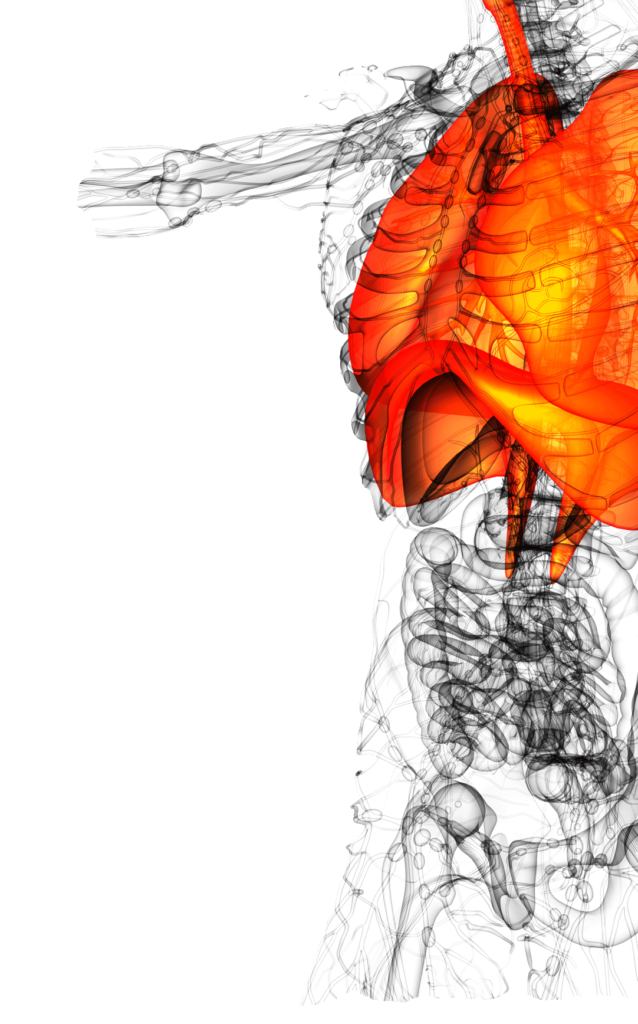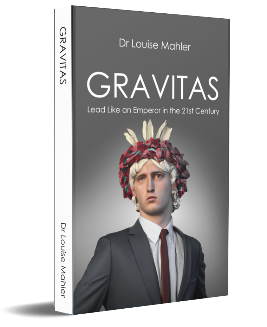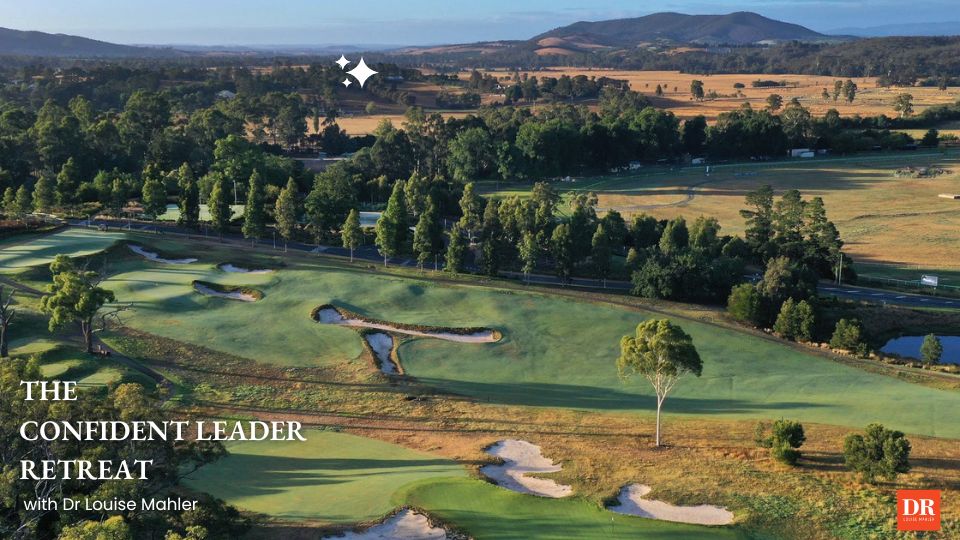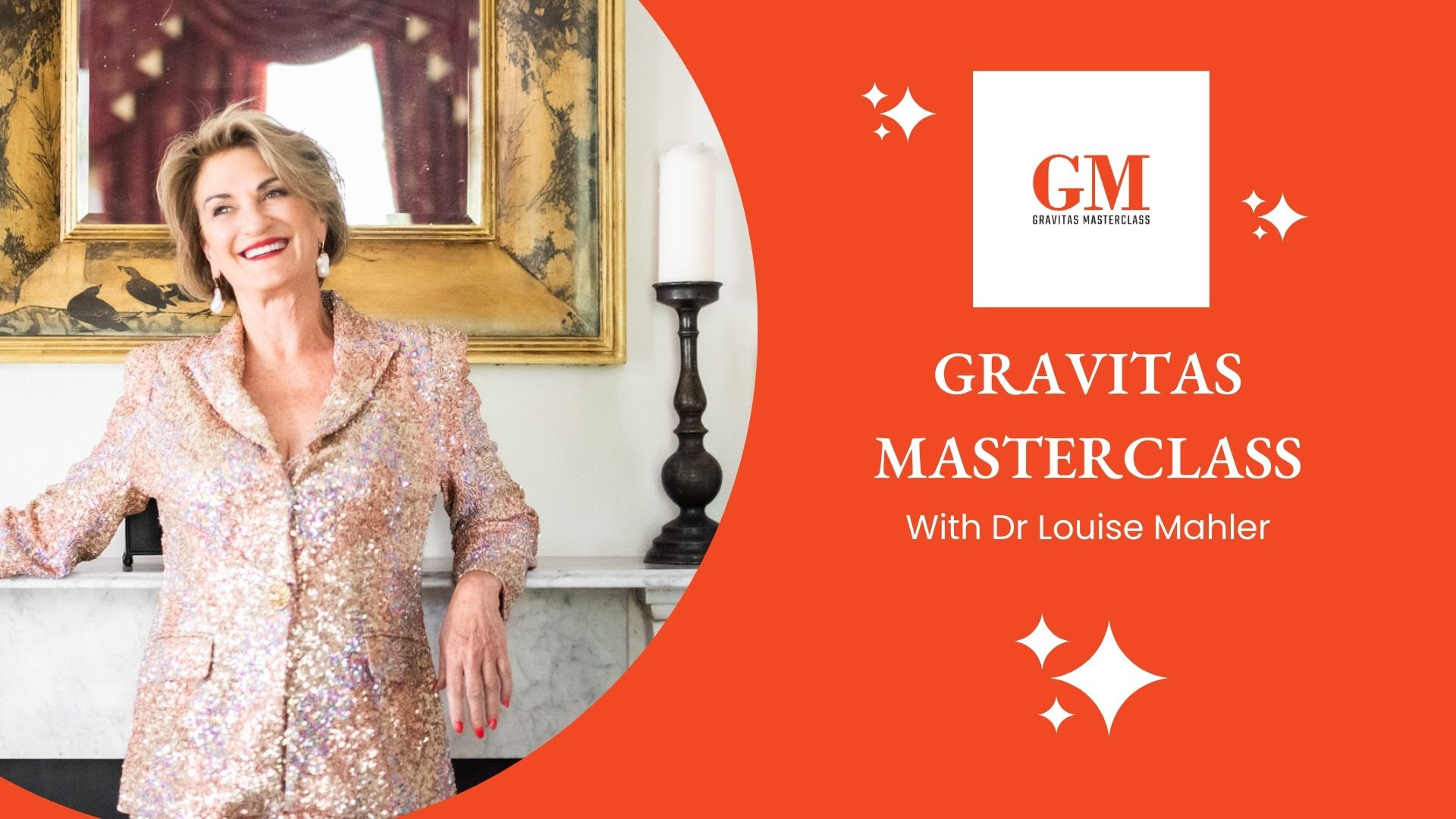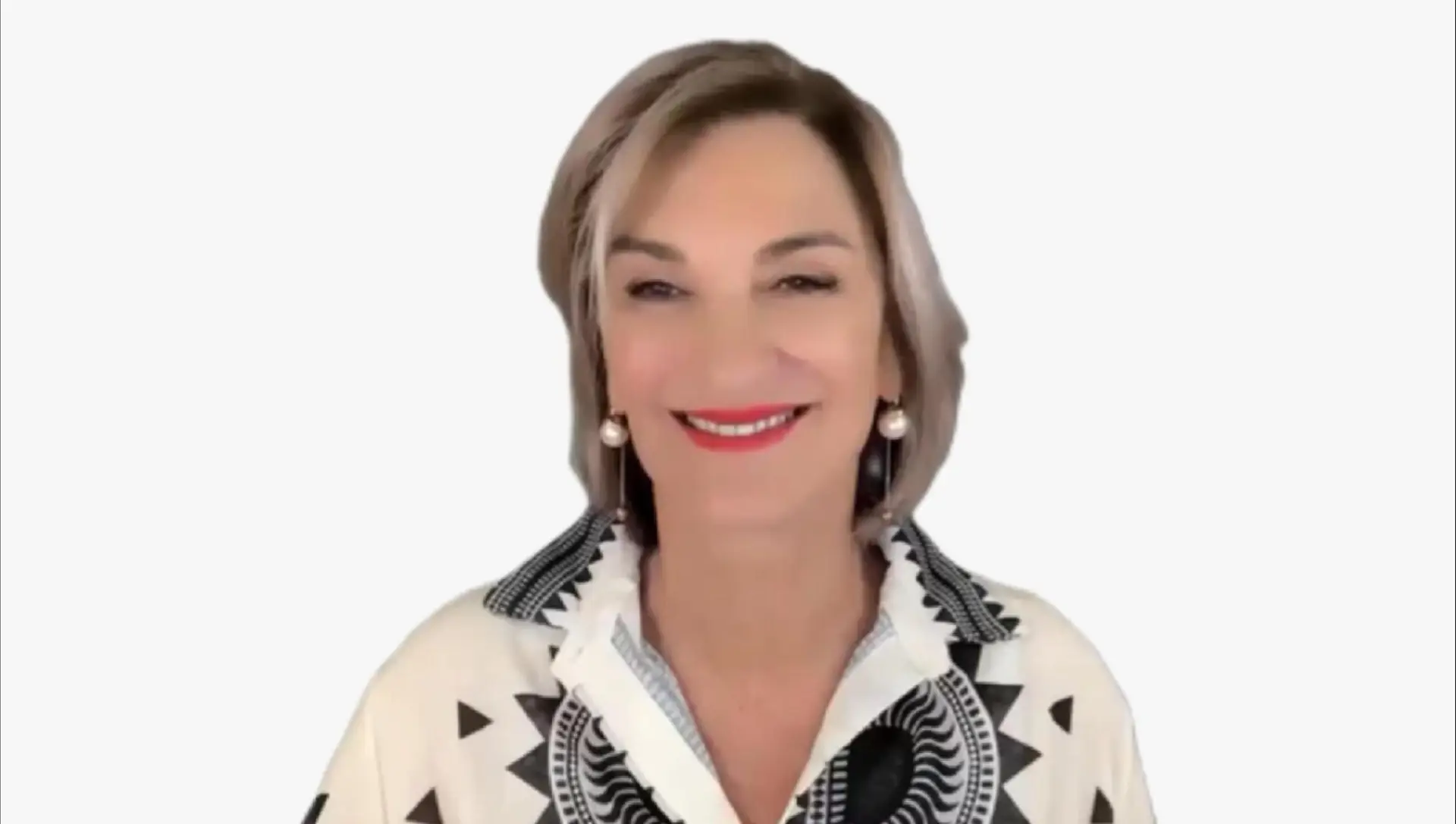Last week, I had the joy of bringing together some clients and friends for an evening at the opera. Having been a professional opera singer it’s such a joy to experience the skills of live performance.
Singing as a profession was not about talent, but regime. Like an Olympian training, we kept fit, we practiced at length, we never sang popular music and we had few friends, if any, outside the world of classical music. The life was insular, but tremendously fulfilling in the simple rewards of doing what we did well and being praised for it.
As a performer, I pursued a career in Germany, Austria, Switzerland and England, including recitals, oratorio, a two-year soloist’s contract with the Vienna State Opera and leading roles in festivals in Salzburg (fringe performances), London and Aldeburgh. During that time I sang, studied, lived and made friends with some distinguished figures in the opera world, including Sir Peter Ustinov, Dr Elizabeth Schwarzkopf, Sir Peter Pears, Sir Charles Mackerras, Gary Bertini, Ian Burnside and Professor Müller-Preis and was fortunate to be consumed by their worlds of excellence.
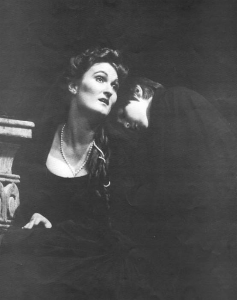
As Rodelinda in ‘Rodelinda’ at the Aldeburgh Festival
In Europe, we sang and communicated in at least five different languages, relying heavily on the use of singing! Whatever the language and/or lack of a common vocabulary, we appeared to engage upon the stage at an intimate level, often in front of an audience, who were intrigued by the seeming magic of the world of music performance and voice in particular.
The concentration was intense, the air was electric, the music was incredibly beautiful and the music-making was intoxicating, as we had the opportunity to work in close proximity for up to twenty hours a day. Delving into the minds of those great artists, I shared their personal techniques, their mental approaches, their styles, their metaphors and the recollections of their journeys as they, in turn, worked with me.
We sang on a daily basis and, under the spell of her intense observatory powers, I experienced, more regularly than ever before, the ability to transcend to a space of complete freedom of sound that allowed me to sing unhindered for hours on end.
The life-experiences and opportunities during my time at the Vienna State Opera could, for a girl from the dormitory suburbs of Brisbane, Australia, can only be described as extraordinary. I understudied Lucia Popp in Strauss’s Arabella. I sang Fiordiligi in a stage rehearsal with some of the most famous Mozart singers of the day. I sang a supporting role with Gundula Janowitz in a première production of Orfeo by Gluck, as well as smaller roles on the main stage and lead roles in two modern opera productions on the smaller stage. In Aldeburgh I had the honour of the lead role in Handel’s Rodelinda at the Festival and as part of the Salzburg Festival, sang the Countess in Mozart’s Magic Flute.
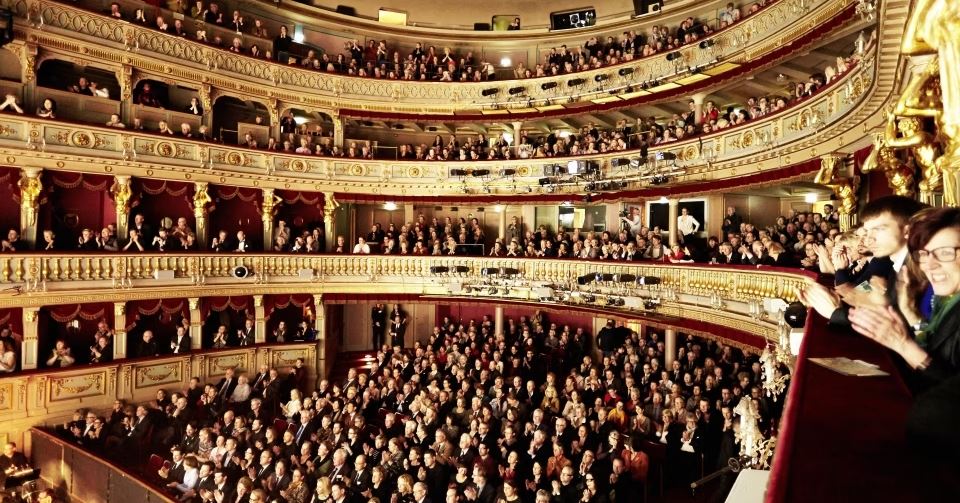
I was not a name in lights, but you have to be good to be offered these highly competitive roles in Europe and you also have to be consistent with nerves of steel (which was my failing and is now a driving force today to help others. I am reminded of the phrase “heal thyself, physician”).
I had enormous opportunities, not just to perform, but to work with the many who allowed me, at least, to touch on the periphery of the realm of performance excellence. Also, I was able to experience at close hand at least 300 opera performances of the widest variety of opera repertoire on the largest opera stage in the world.
Lessons
What I recall in retrospect were the witnessed skills of conductors who, although never making a sound, inspired others to rousing performances. When not in the performance myself, I experienced this skill from the performers’ box or the wings of the stage, where the stage manager kindly smuggled me on many occasions.
I remember the breathless shock of hearing international pianist, Murray Perahia, playing the introduction of a Mozart aria and being silenced by the beauty of his touch. I remember discussing (and rehearsing) the importance of a milli-second pause in the music with Ian Burnside before a performance and practicing the coordination of breath as we began a recital.
I remember Heather Harper’s incredible agility and body strength and Vishnevskaya’s magic as she wove imaginary tales around us with her vivid imagination.
I experienced singers bringing a complete audience of several thousand people to tears. Although they stood on the stage, appearing as prima-donnas (with an aura of self-interest), they were acutely aware of their effect on the audience, their coordination with the many other players on stage and the technical requirements of the staging, not to mention the music and emotion of the particular aria.
I was particularly fascinated by some famous names, who achieved these results with virtually no rehearsal, meeting their co-singers for the first time as they appeared in the spotlight. To actually pull off such a feat and produce a magnificent performance, true to themselves, to the music, to their audience, was something that was achieved through years of constant work and discipline.
All of these learnings would be eventually brought with me, out of the world of opera, and into the world of leadership communication, but I knew the world of discipline of performance, of excellence, of imbuing respect and trust, and this, I realised, was the world of Ancient Greek and Roman Gravitas.
I’d love to help you bring Gravitas into your leadership communication, don’t miss out on the Gravitas Masterclass and Confident Leader retreat coming up!
I have a new booking coming!
This retreat provides an outstanding executive development opportunity tailored for an intimate group who wishes to experience transformational growth. Numbers are strictly limited to allow for individual attention.
Book your spot today!
Have the presence for presentations, media, meetings and difficult situations. Feel and be more confident, open and authentic, knowing the hidden secrets to your body and voice.
Limited spots, book your table today!

